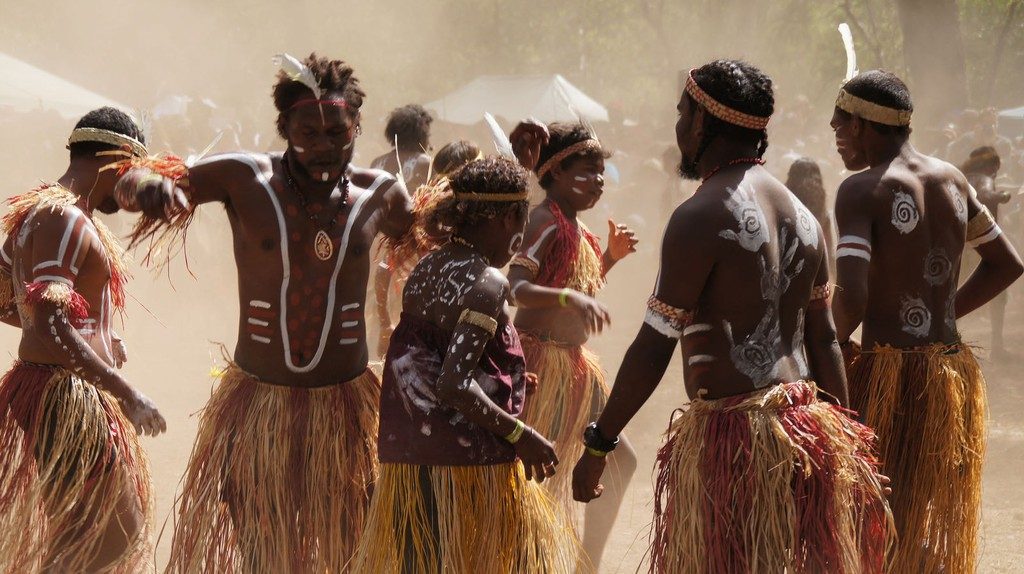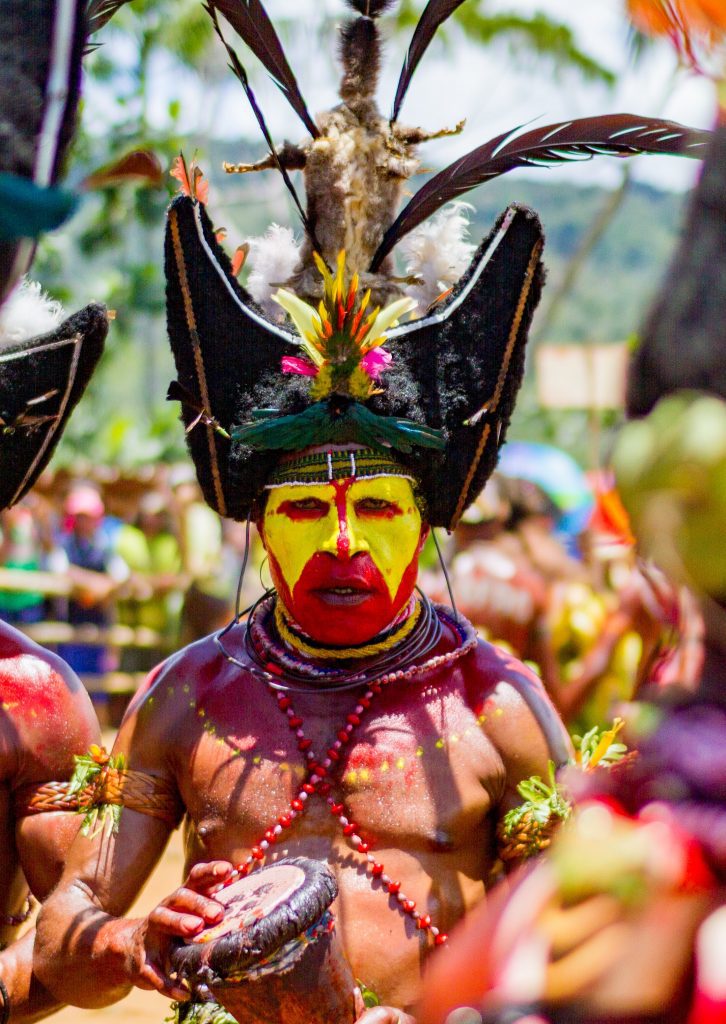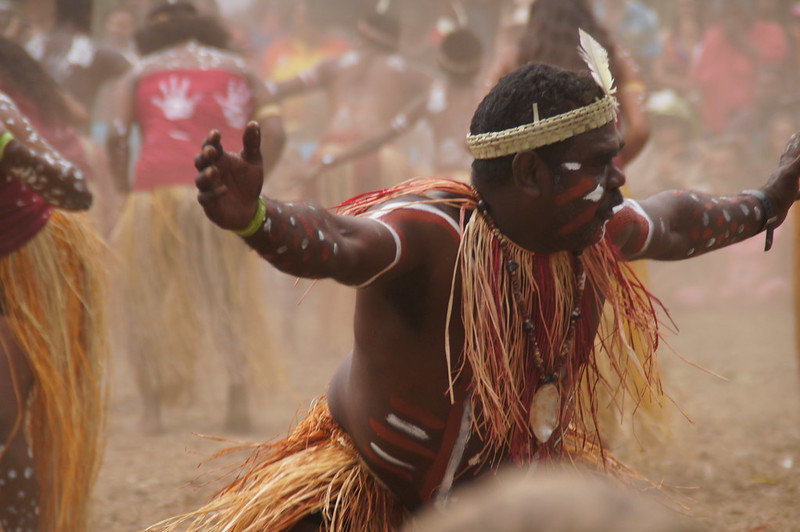
If people can’t acknowledge the wisdom of indigenous cultures, then that’s their loss.
Jay Griffiths
The issues of aboriginal were one of the quintessential topics for debate since the formation of state from the state of nature and among them, one of the highlighted issues was the importance of self-governance of the aborigines in the world of so-called “ civilized societies”. Before answering certain questions such as is the self-government the solution for all the problems of the aborigines etc., we should know who are aborigines?
The aborigines or aboriginal is mainly referred to the modern descendants of the initial people to live in Australia. The word “aborigines” comes from the Latin phrase “ab origine”, which means from the beginning. Spelt with a small “A”, the term refers to any people whose ancestors were the first to live in a country. The group of Indigenous Australians who live on islands off the northern tip of Queensland are known as Torres Strait Islanders. Most scholars believe the ancestors of today’s aborigines first arrived in Australia from Southeast Asia at least 50,000 years ago.
Scholars estimate that from 500,000 to 1 million aborigines lived on the continent when European colonists first reached Australia in 1788. These aborigines spoke about 250 distinct languages that have been lost. Some aboriginal languages have between 3,000 and 4,000 speakers today. Many aborigines speak a local variety of English called Aboriginal English or Creole.

Most of the aboriginals were considered to be primitive by the colonizers as they were black-skinned and uncivilized as compared to them. This notion led to the feeling of superiority among the Europeans. The main reason behind this notion is that at the time of the arrival of Europeans, the aborigines had complex cultural, political and economic rules and beliefs. But Europeans neither tried to understand nor appreciate the elaborate social systems. Instead, they began to impose their culture and harsh rules and regulations on the aborigines such as the enactment of the British North America Act in 1867 which is currently known as the Constitution Act, it gave the federal government the authority to make laws about “Indians and lands reserved for the Indian” – or, in other words, apply Euro-Canadian ideals, policies and laws on Aboriginal societies.
Later, the transformation that happened during the period of 1910-1970, which almost shattered their cultural capital like the government policies of assimilation led to 10%-33% of aboriginal Australian children involuntarily taken away from their homes. These “Stolen Generations” were put in adoptive families and institutions, was prohibited from speaking their native languages and their names were often changed.
The legal circumstances concerning the Stolen Generations remain ambiguous. Although certain compensation claims are pending, a court cannot rule on behalf of plaintiffs simply because they were removed, because, at the time, such removals were enshrined in the provisions of Australian Law. Australian federal and state governments’ Statute Law and associated regulations provided for the taking away from their birth families and communities of known mixed-race aboriginal children, or those who visibly appeared mixed. Compensation claims have been heard by the NSW Supreme Court’s Court of Appeal in Williams v The Minister Aboriginal Land Rights Act 1983 and New South Wales [2000] NSWCA 255 and the Australian Federal Court in Cubillo v Commonwealth of Australia [2000] FCA 1084. In Williams, an individual (rather than a group of plaintiffs) made claims in negligence arising from having been placed under the control of the Aborigines Welfare Board pursuant to Section 7(2) of the Aborigines Welfare Act, 1909 shortly after her birth, and was placed by the Board with the United Aborigines Mission at its Aborigines Children Home at Bomaderry near Nowra, NSW. The trial judge found that there was no duty of care and therefore that an action in negligence could not succeed. This was upheld by the NSW Court of Appeal in 2000. In relation to whether the action in NSW courts was limited by the passage of time, the Court of Appeal, reversing Studert J, extended the limitation period for the non-equitable claims by about three decades pursuant to Section 60G of the Limitation Act 1969 (NSW): Williams v Minister, Aboriginal Land Rights Act 1983 (1994) 35 NSWLR 497. The apology is not expected to have any legal effect on claims for compensation. 85% of the Aboriginal Australians did not have full citizenship or voting rights until 1965.
After this long-suffering, aborigines start to realize that the return to self-government is essential for the foundational to nation-building and preservation of their exclusive rights and duties. In other words, a return to self-government shapes social and economic well-being and can include rights and other claims such as:
- Right to Education
- Right to Health care and social services
- Right to life
- Right to Shelter
- Property rights
- Right to Child welfare
- Agreements
But last decade of the 20th century, the state started to become conscious about the exploitation done to the aborigines. For instance, in August 1995, the Government of Canada formally recognized the inherent right of self-government by releasing its Federal Policy Guide: Aboriginal Self-Government – The Government of Canada’s Approach to the implementation of the Inherent Right and the Negotiation of Aboriginal Self-Government (shorthand title is the “Policy Guide”), which provides, in part:
“The Government of Canada recognizes the inherent right of self-government as an existing Aboriginal right under section 35 of the Constitution Act, 1982. It recognizes, as well, that the inherent right may find expression in treaties, and in the context of the Crown’s relationship with treaty First Nations. Recognition of the inherent right is based on the view that the Aboriginal Peoples of Canada have the right to govern themselves in relation to matters that are internal to their communities, integral to their unique cultures, identities, traditions, languages and institutions, and with respect to their special relationship to their land and their resource”.
Even in 2008, Australian Prime Minister Kevin Rudd issued a national apology for the country’s actions against Aboriginal Australians of the Stolen Generations. From then onwards, Australia has been working towards eliminating social disparities between Aboriginal Australians and non-indigenous Australians. Hence, there was an attempt in the 41st Parliament session (June 2011 – September 2013) to introduce a First Nations Self-Government Recognition Act (Bill S-212) but it died on the vine. So, I conclude it by saying that the self-government can be a quick fix for certain issues but other deeply rooted social, health and economic issues cannot be solely sought by the concept of self-government. Therefore, both the communities should take steps towards empowering communities to rebuild and heal from the intergenerational deficits like other developing countries which had colonial past such as India.
